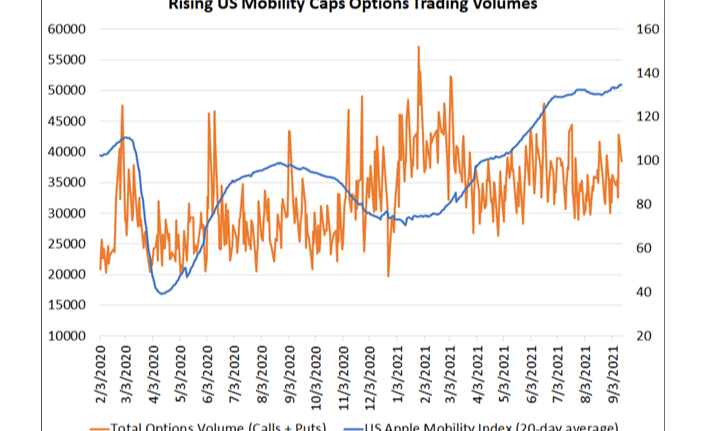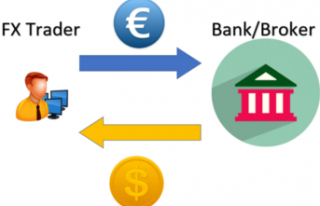Draftkings CEO Jason Robins might have shocked some viewers by his candid comments about the gambling industry in a CNBC interview. Draftking's biggest rival over the next months is not Penn National or Fanduel, but "going to the beaches this summer."
Although it may sound like a simple comment, it is important to remember that it was a serious risk. While beach season is over, it may bring speculators back into gambling venues for football season and fall. However, this sentiment highlights a risk for financial market.
The coronavirus pandemic in spring 2020 brought down the American sports industry, which was worth $1.5 billion annually before the epidemic. It created liquidity and a speculative appetite that required an outlet. The American economy was flooded with capital thanks to the financial relief measures in the form paycheck programs for individuals and businesses.
The shuttered American professional sports leagues required a new outlet for speculation. Surveys show that 20% of the funds received by individuals during the pandemic were recirculated into American financial markets.
WHERE IS THE MONEY GOING
Evidently, the coronavirus pandemic brought new traders to the financial markets. In 2020, there was a surge in account openings. US brokers such as Robinhood, TD Ameritrade and Charles Schwab added more than 2,000,000 users to their accounts in the first quarter and second quarters 2021.
Robinhood saw an increase in meme stocks such as GameStop (Ticker $GME), and AMC (Ticker $AMC) in January 2021.
Despite the rise in retail trader interest, there was another thing happening in recent months. American professional sports leagues began to open to the public again. Retail trader interest could be elsewhere than financial markets, with the return to live professional sports this autumn.
The American sports betting industry turned a profit of $3 Billion in 2020, a significant jump from the $1.5 Billion profit in 2019, which meant that more people were investing their capital in areas other than financial markets.
According to data from the St. Louis Federal Reserve database, retail money funds have declined by around $100 billion over the past year. Initial indications suggest account openings may have slowed by as much as 50% in the third quarter 2021, consistent with data showing that retail money funds are at their lowest level since February 2020, the month before the US economy started to lockdown.
RETAIL IMPULSE FADING
The drop in retail money funds, which was near its all-time high at the time of this commentary, suggests that the speculative fervor is waning; Americans are now deploying capital elsewhere. When asked where all the retail has gone, most people will answer, "Sports betting."
Remember what DraftKings CEO Robins said regarding his biggest competitor: "The beach this summer." This mindset, which focuses on moving away from the pandemic-era leisure activities to return to pre-pandemic lifestyles, has been felt in American financial market as well. It may continue now that speculators have shifted their attention from football season to beach season.
A simple US Mobility Index can be constructed by using a weighted model that includes Apple's driving and transit data. This is done by using the same weighted model from their mobility data. Our US Mobility Index was indexed to 100 on January 13, 2020, the beginning of the Apple time series. It shows that Americans are almost +35% more mobile (depending on their method of mobility) than they were before the pandemic.
It is notable that, despite a significant Federal Reserve policy meeting in June followed by the largest quad witching event in history (in terms both of total volume and options contracts traded), total trading call volumes peaked in February. Fact is, financial markets are less accessible to people who have more mobility in the US.
A GOOD OMEN OR A DRASTIC OMEN?
Participation in the financial markets, especially for traders and investors who are newer, is contingent upon one thing: opportunity. What is the best time to invest in the financial markets? Simply put, when things are moving. Volatility is a term that's not used by laymen.













